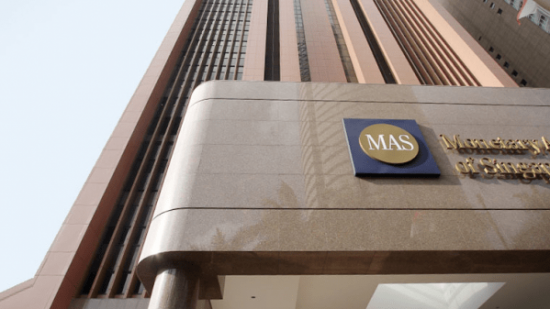The collapse of banks in the US and Switzerland highlight the fundamentally lax regulation in developed economies. Vasuki Shastry, who was previously a senior official in the International Monetary Fund and the Monetary Authority of Singapore, argues that Asian regulators should demand tighter oversight in financial markets in the West and closer policy coordination among global financial authorities.
Credit: Poetra.RH / Shutterstock.com
It is the season for costly bank failures in America and Europe. On March 10, US regulators shut down Silicon Valley Bank (SVB), which has the dubious distinction of being the largest financial institution to fail since the 2008 global financial crisis (GFC) and the second largest bank failure in history. The Federal Deposit Insurance Corporation (FDIC) took over SVB and, two days later, New York-based Signature Bank. The government quickly sold most of the latter to another commercial bank. First Republic Bank, headquartered in San Francisco, was also reported to be in deep trouble.
The reverberations from SVB’s failure had an impact on those other smaller banks, raising fundamental questions about the safety and soundness of the entire American banking system. If this were not enough to cause jitters among investors, another drama unfolded across the pond in Europe, when one of the largest investment banks, Zurich-based Credit Suisse (CS), Switzerland’s second biggest bank and the 45th largest lender in the world, faced a classic bank run due to reasonable but ill-advised comments by one of its largest investors, Saudi National Bank.
What does the turmoil in the global banking and financial markets mean for Asia?
No region’s financial system is an island, and Asian markets are already feeling the full impact of yet another crisis originating in the developed word. The inevitable focus will be on whether Asia, which emerged unscathed and stronger from the GFC, will be able to brush off the current crisis. There are reasonable signs that the region will be able to ride out the storm although the deep interconnections in the global financial system suggest that there could be nasty surprises.
An even more fundamental question is if American and European regulators, who are quick to pass summary judgment about financial conditions in emerging markets, are agile enough to deal with what appears to be serial regulatory failures. The Federal Reserve Bank of the United States and the European Central Bank are today the world’s biggest exporters of financial and economic instability. The travails of SVB and Credit Suisse come on top of the spectacular bust of crypto exchange FTX in November, where inexperienced founders appear to have mismanaged and even squandered billions of dollars of investor money.
This is not a bright shining moment for American or European regulators, and Asian central bankers as a group should insist on better financial housekeeping by their counterparts in the West. There are two valuable lessons to be drawn from the current crisis:
The Fed and the European Central Bank (ECB) also started to tighten monetary conditions in 2022, leading to an exodus of dollars from emerging markets, further exacerbating the crisis. The G20 notionally serves as the platform for global economic coordination where economic and financial issues are debated and discussed by the world’s largest economies. The Fed and the ECB, however, insist that their monetary policies are aimed at advancing domestic, rather than global, policy objectives. Asian and other developing country central bankers should insist that they should also have a say in developed country monetary and economic policies, particularly when they have negative spillover effects.
Critics of emerging markets who read this article are likely to say that I am ignoring the troubles of China’s financial system, which should be the elephant-in-the-room issue for its neighbors. While China’s property markets and financial system are indeed tottering, there is an important distinction to be made. China’s problems, while profound, are by and large self-contained because the currency is not fully convertible, and the proportion of trade and investment designated in renminbi is still piffling compared with that carried out in dollars.
China is not yet a net exporter of financial and economic instability quite on the scale of the US and Europe, and Asian markets remain heavily dependent on capital flows and investment denominated in the greenback and the euro. This factor alone makes it urgent for Asian regulators to insist on closer policy coordination and better economic and financial accountability from American and European regulators. As this year’s chair of the G20, India could convene a dialogue between developed and developing country regulators to ensure that what happens next with a bank in California or Zurich stays in California and Zurich.
Further reading:
Check out here for more research and analysis from Asian perspectives.



